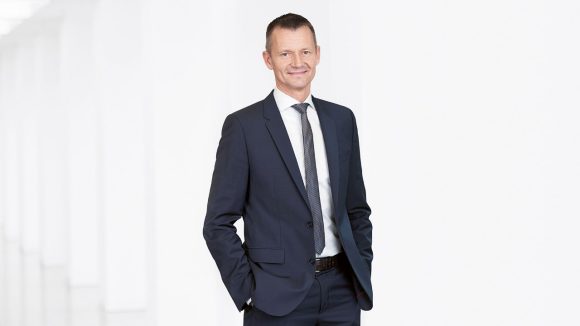
Why should people without a lot of wealth think about investing?
If you leave your assets sitting in a savings account, they won’t grow. It is in fact likelier that you’re risking a loss, because inflation could soon be higher than the interest you receive.
What should I always consider?
Regardless of the amount to be invested, it’s important to have an investment plan. That starts by defining your investment profile. Are you more of a defensive investor, who can’t or doesn’t want to tolerate higher losses. Or are you more aggressive when investing and ready to accept, at least temporarily, possible losses in return for potentially higher returns. Working from your risk profile, you should compile a well-diversified portfolio. Last but not least, you must implement the investment strategy with great discipline.

So your finances match your goals
So your finances match your goals
The free Financial Check shows you ways to improve your financial situation over the short, medium and long term.
Have a meeting in the comfort of your own home or at your local UBS branch.
The investor strategy needs to be matched to the wealth planning.
How can you determine your risk profile?
In its essential features, you can actually do this yourself. It makes more sense, however, to work out your risk profile with an advisor. This is because an investment strategy should be matched to your own investment plans, and aspects such as the savings rate and desired cash reserve should be taken into account.
What factors play the most important role in a risk profile?
The most important factor is your investment time horizon. This mainly depends on the goals you’re pursuing. It’s one thing if you’re a young person saving up to buy a house or setting aside money for your pension. It’s something else again if you’re only a few years away from retirement. As a rule: the more distant the horizon, the higher the risk that you can accept. Another rule: the more risk you can accept, the more equities you should hold in your portfolio. They may involve more risk, but in the long run they promise the greatest potential returns.

Do you know your risk profile?
Every client advisor helps clients determine their personal risk profile. These questions must be answered:
We recommend introducing additional diversification into the portfolio with additional asset classes.
Should small investors look at other asset classes besides equities?
Absolutely. The equity share is established when defining your investment strategy. But it wouldn’t be smart to leave the rest of your assets in a savings account. We recommend introducing additional diversification into the portfolio with additional asset classes. That could be bonds, but might also be real estate or commodities or funds that are based on them. The tendency here: the more broadly diversified your investments, the better protected you are against possible reversals on the financial markets, even in the event of some geopolitical shock.
So is broad diversification the most important measure to secure yourself against losses?
Precisely. That being said, there are also alternative investment concepts. For example, UBS has an offer in which the percentage of equities you hold is continuously adjusted along with the market cycle. This happens automatically, without you needing to do anything.
Also of interest to you
Also of interest to you
